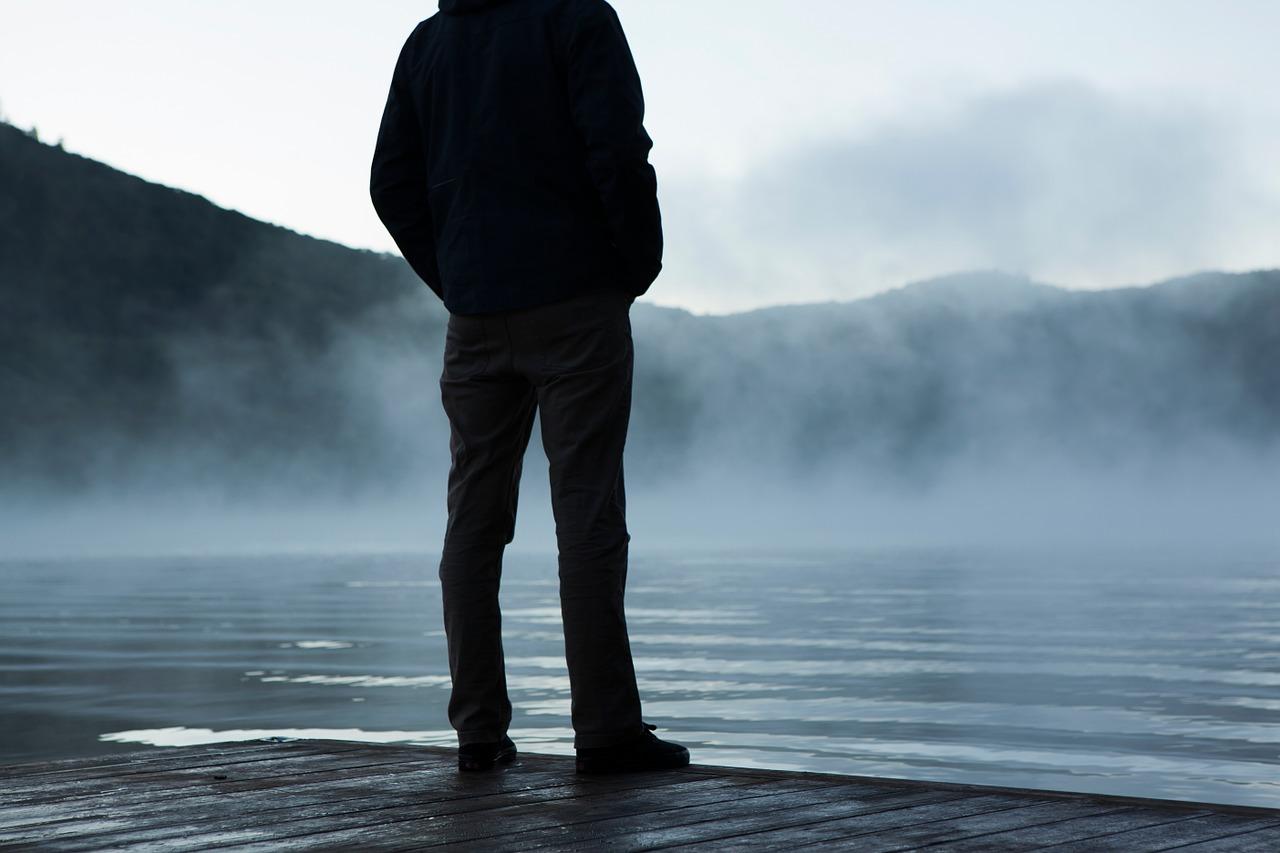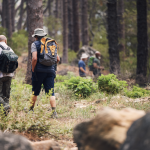Many Australians are getting better about being aware of their health — eating well, exercising, staying on top of their mental health — but what about loneliness?
The health impact of loneliness is confronting. It can have a negative effect on physical health, like heart disease and stroke, and mental health, like dementia, stress, depression and anxiety, as well as health behaviours, such as eating habits, sleep quality and physical activity levels.
When it comes to the risk of dying early, loneliness can have the same impact as smoking up to 15 cigarettes a day; it increases the likelihood of early death by 26%, which is greater than the risk of obesity. Let that sink in.
As well as the crushing health impact loneliness can have on individuals, it’s also a growing financial concern in Australia.
A 2021 report from Curtin University estimated the financial cost of loneliness in the country to be up to $2.7 billion each year.
Loneliness is a critical health issue of our time and appears to be getting worse.
In fact, one in four Australians (about five million people) experience problematic levels of loneliness at any given time.
And it appears to be particularly bad for men, with 43% of 1282 Australian men who participated in Healthy Male’s ‘What’s in the Way?’ survey categorised as lonely.
Worryingly, data collected during the COVID-19 pandemic points to an increase in the number of people identifying as lonely, according to Ending Loneliness Together, a national network of organisations that have come together to address the growing problem of loneliness in people living in Australia.
In many ways, the pandemic shone a brighter light on an existing problem, according to Dr Michelle Lim, Chairperson and Scientific Chair of Ending Loneliness Together.
“Loneliness was always an issue, but after the onset of the pandemic, it brought the possibility for many people who have never felt distressing levels of loneliness before to realise that it could happen to them,”
– Dr Michelle Lim
“With increased social isolation, which was caused by social restrictions, for many people (it) led to increased loneliness.
Many people probably never felt distressing levels of loneliness before, because they might have been in a very strong, robust, social environment.
“So the conversation went from the background to the foreground.”
This all sounds terribly concerning but before we go further, it’s probably best to define what loneliness actually is.
Loneliness — what it is, and what it isn’t
In layman’s terms, loneliness tells us our needs for connection aren’t being met — just as hunger tells us we need food, loneliness tells us a different fundamental need is not being met.
But definitions of loneliness can vary slightly from person to person and organisation to organisation, and it is important to be aware of the difference between loneliness and social isolation (a related condition).
Healthy Male defines loneliness as a feeling of sadness or distress (emotional suffering) you get when your relationships with others aren’t meeting your need for personal connection.
If you feel lonely, it’s a sign you need to make a meaningful connection with one or more people.
Loneliness is more about the quality of your relationships with others than it is about the number of friends you have.
Loneliness is a personal feeling of social isolation.
What about social isolation?
Social isolation, meanwhile, is when you have minimal contact with others.
You can be socially isolated but not feel lonely, and you can feel lonely but not be socially isolated.
For instance: “I can be in a room full of people and still feel lonely” or “I don’t always feel lonely when I’m alone”.
The stigma of loneliness
The issue of loneliness could actually be worse than current research estimates — it can be difficult to objectively measure, while there is still a stigma attached to it.
“The stigma of loneliness means many more people are uncomfortable talking about their feelings.
This means there are countless Australians living with persistent loneliness who do not access the help that is available in their community,” Ending Loneliness Together states in its 2020 whitepaper.
“Equally, the stigma of loneliness makes it difficult for service providers to identify, engage with and support people experiencing, or at risk of, loneliness.”
Where does this stigma come from? It’s a very difficult question to answer — it could be people fearing how they will be judged if they admit to experiencing loneliness, or it could come from how lonely individuals judge themselves.
One thing is for certain — lifting the stigma of loneliness needs to be a part of the solution.
Who is at risk?
No one is immune from experiencing loneliness but recent research shows that in Australia, one in four people report problematic levels of loneliness, while one in six are very lonely.
Lim says loneliness can affect all walks of life.
“I think people believe loneliness only happens to older people sitting in aged care homes, looking out the window,”.
“But in reality, loneliness has many different faces. We will all feel lonely at some point in our lives, but many of us stay lonely because we don’t seek help.– Dr Michelle Lim
“It exists everywhere — if you’re lonely, it’s a normal, adaptive human response; it’s actually there to make sure that we keep on seeking the social connections that we need to thrive. What’s not normal is if we stay lonely.”
Lim says loneliness can also come in many forms — it may come out of nowhere and hit you like a tonne of bricks before alleviating, or it could be a less intense, but longer-term problem.
“There are people who go through transitions or very intense bouts of loneliness, versus people who might experience what we call more enduring, but low-grade loneliness for a period of time, even across years sometimes,”
– Dr Michelle Lim
“What we do know is that both states are bad for you. What we don’t know is which is worse.”
What makes us more likely to experience loneliness?
Things like your age, lifestyle, relationship status, socioeconomic situation and even ethnic background can impact whether you may experience loneliness.
Psychological risk factors also play a part, according to Griefline: “Some of us are more likely to link our loneliness to our inner self.
We may be more prone to self-blame or low self-esteem and therefore lack coping skills when it comes to loneliness. Those who lack self-belief can lack the confidence to make friends.
And if we have a fixed outlook on life, we’re far less likely to try to improve the situation because we consider our loneliness unchangeable.
“And the way we interpret social experiences makes a difference. We’re much more likely to suffer from loneliness if we’re sensitive to social rejection; inclined to feel like a burden; or are distrustful of others.”
Cultural and socioeconomic factors also impact, says Lim.
“When people stay lonely, it is often because of bigger, larger systemic factors”
– Dr Michelle Lim
“For example, if they don’t have enough money to go out and enjoy social activities, perhaps they live really far away and don’t have access to transport. Perhaps they’re in poor health.
“So sometimes, the people who stay lonely are very much the people who are much more disadvantaged by large, contextual factors that they have no control over.”
Thankfully, there are ways to help yourself, and others, deal with loneliness.















